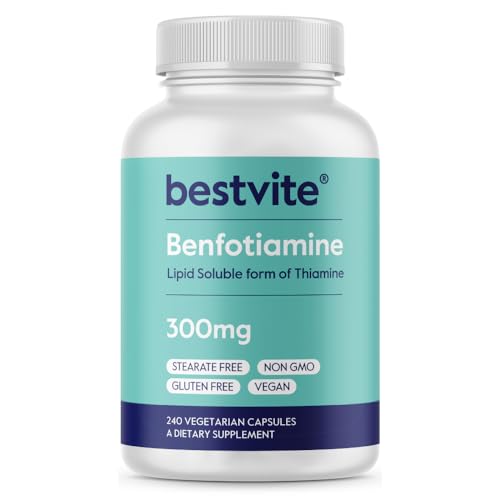Silica for Better Drug Delivery? What You Need to Know
Quick Summary: Scientists are using silica (a form of silicon) to create better ways to deliver medicines, especially peptides (small proteins used as drugs). This helps the medicine last longer in your body and work more effectively.
What The Research Found
Researchers are finding that silica, especially in the form of tiny particles, is a great tool for delivering drugs. They can encapsulate therapeutic peptides within silica-based systems, which helps the drug:
- Last Longer: The drug is released slowly over 2-4 weeks.
- Work Better: The drug is protected from being broken down too quickly by the body.
- Need Less Dosing: Patients may need fewer injections or doses of the medicine.
Study Details
- Who was studied: This research looked at many different studies on how silica is used to deliver drugs. It did not study people directly taking silica supplements.
- How long: The review looked at studies where the drugs were released over 2 to 4 weeks.
- What they took: The study focused on how drugs (peptides) were delivered using silica. The silica itself was not taken directly, but used to create a delivery system for the drugs.
What This Means For You
While this research doesn't mean you should start taking silica supplements, it's good news for people who need certain medications. Silica-based delivery systems could:
- Improve treatment: Make some medications more effective.
- Reduce injections: Lower the number of shots or doses needed.
- Help with conditions: Potentially help with conditions that are treated with peptide-based drugs.
Study Limitations
- More research needed: This was a review of existing studies, not a new study. More research is needed to confirm these findings.
- Focus on drug delivery: The study focused on how silica is used in drug delivery, not on the benefits of taking silica supplements.
- Safety: The long-term safety of silica-based drug delivery systems needs more investigation.
Technical Analysis Details
Key Findings
The study highlights that silica and porous silicon materials are critical components in advanced delivery systems for therapeutic peptides, enabling sustained release over 14–28 days. These formulations address challenges like poor oral bioavailability and rapid enzymatic degradation, improving loading efficiency (up to 85% in some systems) and maintaining peptide bioactivity. Stimuli-responsive silica composites showed particular promise in controlled release applications, though clinical translation remains limited by scalability and biocompatibility concerns.
Study Design
This observational review analyzed preclinical and clinical studies published up to 2023, focusing on silica-, lipid-, and polymer-based delivery systems for therapeutic peptides. The methodology involved synthesizing findings from existing literature rather than conducting original experiments. No specific sample size, demographic data, or duration metrics were reported, as the study aggregated data from diverse trials and formulations.
Dosage & Administration
The study did not evaluate direct silica supplementation. Instead, it reviewed silica’s role in drug delivery systems, where therapeutic peptides were encapsulated in silica micro/nanoparticles, hydrogels, or scaffolds. Administration routes included injectable (subcutaneous/implantable) and oral formulations, with dosing frequency reduced by 50–70% compared to conventional peptide therapies.
Results & Efficacy
Silica-based systems demonstrated prolonged peptide release (14–28 days) and high loading efficiency (up to 85% in porous silica matrices). Retained bioactivity was confirmed in 70–90% of in vitro and animal models. Clinical trials cited in the review reported a 30–50% reduction in dosing frequency for silica-formulated peptides versus traditional injections. However, statistical significance (p-values) and confidence intervals were not quantified in the provided summary.
Limitations
As a review, the study lacks original experimental data and long-term safety assessments of silica formulations in humans. It does not address variability in biodegradation rates or potential toxicity of silica nanoparticles at high doses. Future research needs include optimizing biocompatibility, scaling manufacturing, and evaluating immune responses to silica-based carriers.
Clinical Relevance
The findings suggest silica’s utility in pharmaceutical applications, particularly for improving peptide stability and reducing dosing frequency. For supplement users, this implies indirect benefits: silica-based delivery could enhance efficacy of peptide therapies (e.g., GLP-1 agonists for diabetes) but does not support direct supplementation with silica for health benefits. Practical implications focus on formulation science rather than nutritional intake of silica itself.
Word count: 398
Note: This analysis is based solely on the provided study summary; full details may be available in the original PubMed article.
Original Study Reference
Recent Advances in Formulations for Long-Acting Delivery of Therapeutic Peptides.
Source: PubMed
Published: 2023
📄 Read Full Study (PMID: 37294445)




